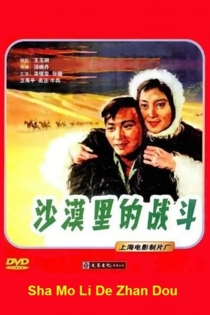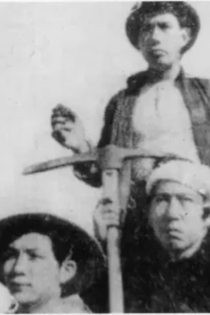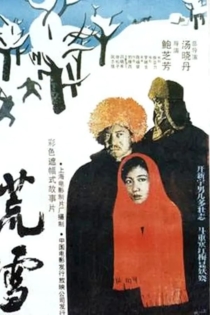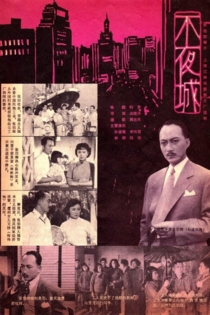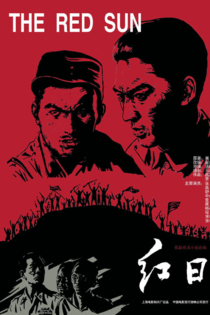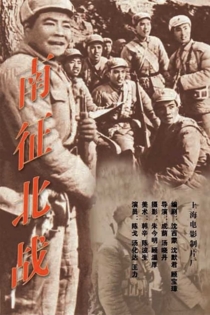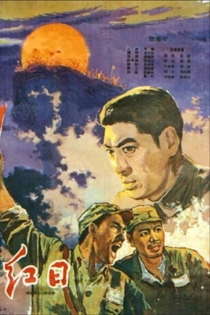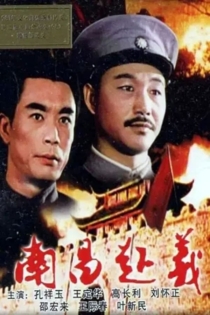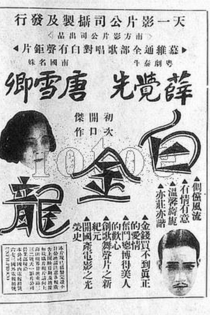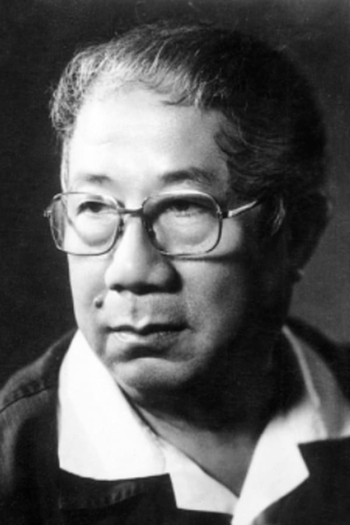
Xiaodan Tang
1910 - 2012渡江侦察
Xiaodan Tang
Sun Dao-Lin, Heng Qi
In the spring of 1949, a war is about to happen between the Liberation Army and Kuomintang Army on the Yangtze River. The Liberation Army dispatches a reconnaissance to scout the southern parts of the River, whose work is actually full of hardships and dangers. However, with the help of the local crowd and the guerrillas, finally, the members of the reconnaissance succeed in the commission and offer valuable information to the Liberation Army, making great contributions in the war.
Reconnaissance Across The Yangtze
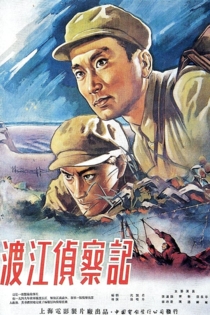
怒海轻骑
Bin Wang, Xiaodan Tang
Yuntai Guo, Bo Gao
Кинорассказ об изгнании чанкайшистов с прибрежных островов Китайской Народной республики. В начале 1950-х годов с целью освобождения острова Войюшан штаб военно-морской базы направил третью артиллерийскую эскадру под командованием Лунцзяна Ли для разведки развертывания огневой мощи противника. При содействии местных рыбаков они разбили две вражеские разведывательные группы, в результате чего противник был деморализован. Вражеский транспортный корабль покинул территориальные воды Китая. Политрук повёл артиллерийскую эскадру перехватить вражеский корабль, чтобы не дать ему возможность привести подкрепление. В итоге флот и авиация начали скоординированную операцию и освободили остров Войюшан.
怒海轻骑
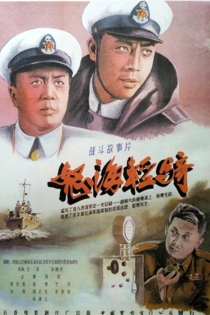
白金龍
Xiaodan Tang
Sit Kok Sin, Tong Suet-hing
A wealthy man's son, who has a sinecure as a hotel owner, poses as a bellhop to win the affections of a woman guest with whom he has fallen madly in love, but who seeks a common man who is earning his own way. This first Cantonese-language talkie was based on a successful 1930 stage musical written by and starring Xue JueXian (Sit KokSin), the plot of which was in turn inspired by a 1929 silent Hollywood romance called "The Grand Duchess And The Waiter" which Xue admired. The film was produced not in Shanghai, by the Tianyi studio, headed by the eldest of the Shaw Brothers, Shao Zuiweng (RunJe Shaw), and was so successful in the Cantonese-speaking parts of China that Shaw moved the Tianyi company to British-administered, Cantonese-speaking Hong Kong to make more Cantonese films in the face of the right-wing Chinese Nationalist government's ban on Cantonese language in favor of Mandarin. A sequel to Baijin Long was made in 1937, and the film itself was remade in 1947.
Baijin Long

